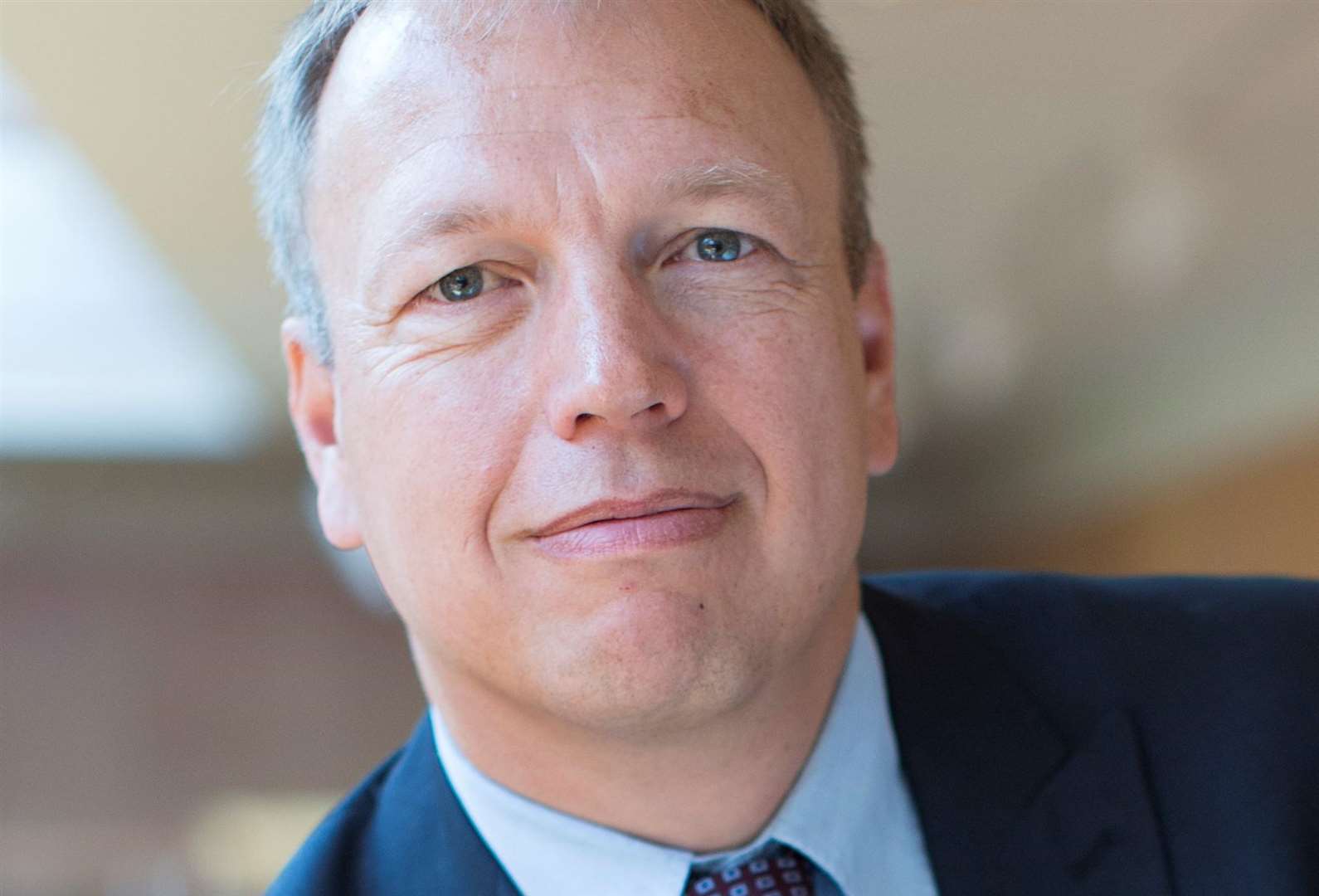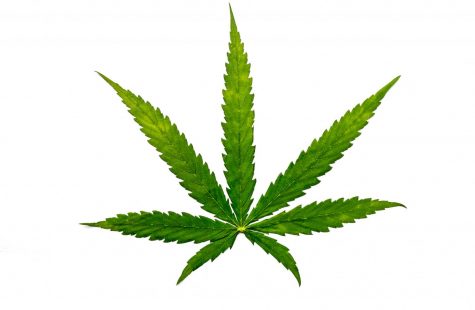Study: Strict cannabis policies do not discourage young people from trying weed

A cannabis study conducted by the University of Kent has concluded that there is no evidence to prove that stricter policies discourage young individuals from consuming the green plant, in whatever form that might be.
Data was gleaned from more than 100,000 teenagers from 38 countries. Those countries included Canada, France, Germany, Russia, the United Kingdom and the United States.
“My new study joins several others which show no evidence of a link between tougher penalties and lower cannabis use,” said Prof Alex Stevens, from the University of Kent’s school for social policy, sociology and social research. “This is useful information for governments as they consider the best way to deal with cannabis. As it is, the harms and costs of imposing criminal convictions on people who use cannabis do not seem to be justified by an effect in reducing cannabis use.”

Published in the International Journal of Drug Policy, the cannabis study disputed the validity of a 2015 study, which claimed there was a link connecting cannabis policy liberalization with an increased chance of adolescent cannabis use. The 2015 study was even used to overthrow previous attempts to legalize and regulate weed.
According to Stevens, his cannabis study collected a much wider spectrum of data, which helped him to determine an attachment between adolescent cannabis consumption and more liberalized policies.
The results of the University of Kent’s cannabis study tell us that consumers were not put off by the prohibitionist drug policies enacted in their particular locations.
The study results have emerged at a time when Mexico is expected to become the third country to fully legalize weed. Uruguay was first, followed by Canada, where the Cannabis Act (Bill C-45) was enacted on October 17, 2018.
Cannabis legalization in the U.K. could be on the horizon in the future, too. In November of last year, home secretary Sajid Javid introduced legislation that enables patients to get medical cannabis on prescription.

Niamh Eastwood is the executive director at Release, a U.K.-based organization founded in 1967 to inform and assist the general public on issues pertaining to drug laws and drug use and abuse.
“Every year tens of thousands of people, including many young people, are needlessly criminalized in the U.K. for possession of a controlled drug, resulting in a criminal record that will devastate their future in terms of employment and educational opportunities,” said Eastwood. “Countries that have ended criminal sanctions for possession of drugs have shown they have better health, social and economic outcomes, yet the U.K. government continues to have an evidence-free approach when it comes to the law around drugs.”
Ian Hamilton, a mental health and addiction expert from the University of York, thinks that young cannabis consumers would still use the plant, despite its illegal status.
“For some of them the fact it is illegal will be part of the appeal, so if a country decides to open up access and allow regulated cannabis this may reduce part of the appeal the drug has,” he said. “Also there is increasing attention given to the benefits of using cannabis, particularly for health, so many young people will think cannabis is a safer drug than tobacco.”










